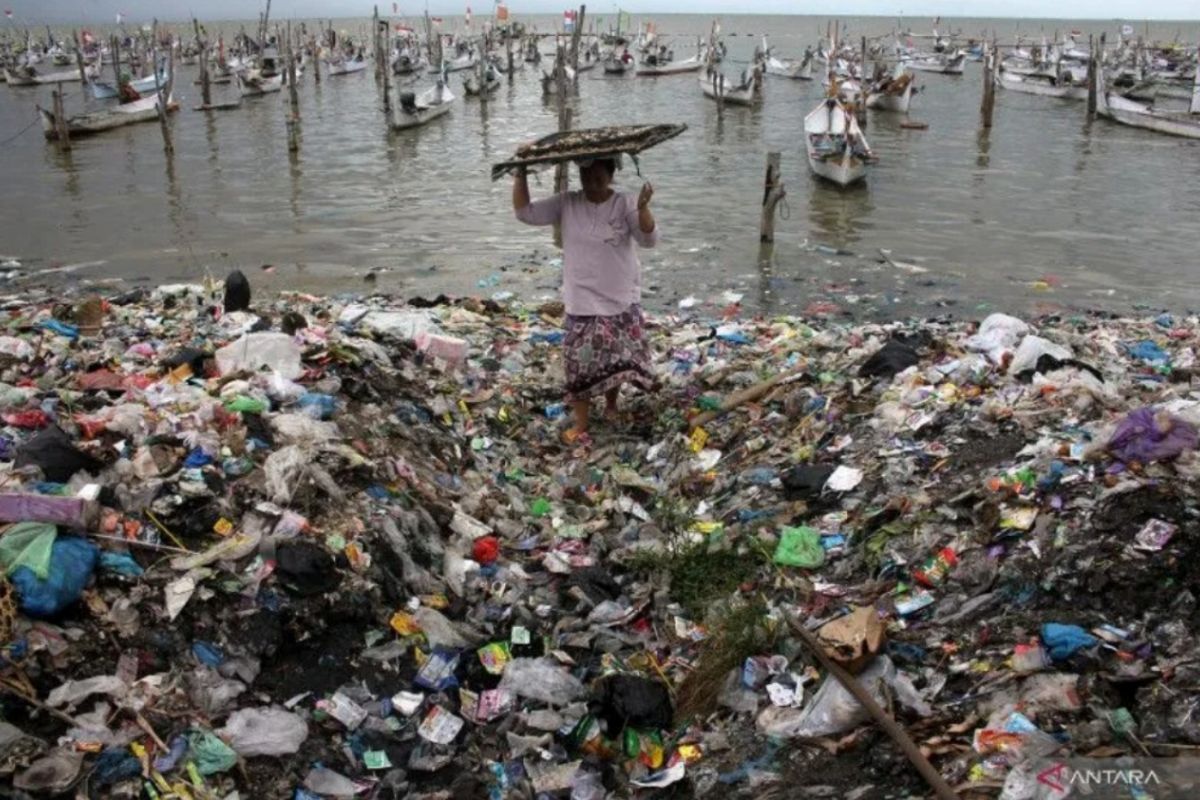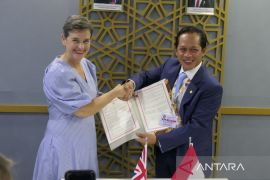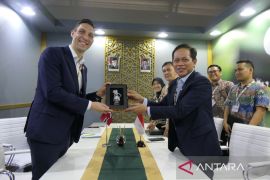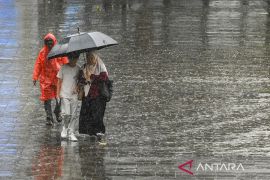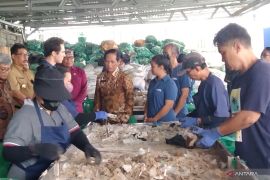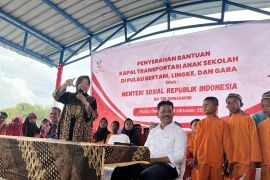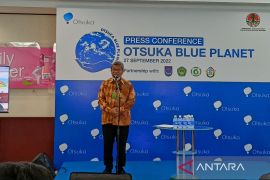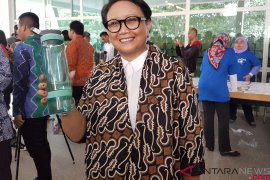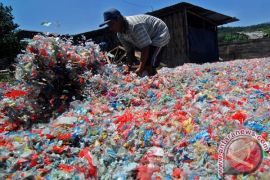"We stand behind them to support the policies of regional governments in the context of reducing and handling plastics," he said at the commemoration of International Biodiversity Day in Jakarta on Thursday.
Regulations to limit the use of single-use plastics are very important to prevent waste from ending up at landfills, he explained.
Bali has implemented a ban on single-use plastics, he noted.
Similar regulations have also been applied in Labuan Bajo, East Nusa Tenggara, which prohibit the use of bottled water and plastic in a number of areas to encourage sustainable tourism.
"We will not hesitate to support all regional governments' efforts to limit the use of single-use plastic with all the consequences that we have, with all the authority that the Minister of Environment has," Nurofiq affirmed.
The Ministry of Environment is encouraging measures to reduce plastic waste by expanding the scope of Extended Producer Responsibility (EPR) by requiring producers to be responsible for their plastic waste products.
According to data from the National Waste Management Information System (SIPSN), plastic waste accounted for 19.71 percent of the total national waste, which reached 33.98 million tons in 2024, based on the results of reports from 315 districts/cities.
Plastic waste was second after food waste, which accounted for 39.28 percent of the total waste generated nationally last year.
Related news: Indonesia to make producers responsible for plastic waste
Related news: Waste banks key to ending open dumping in Indonesia: govt
Translator: Prisca Triferna Violleta, Yashinta Difa
Editor: Aditya Eko Sigit Wicaksono
Copyright © ANTARA 2025
